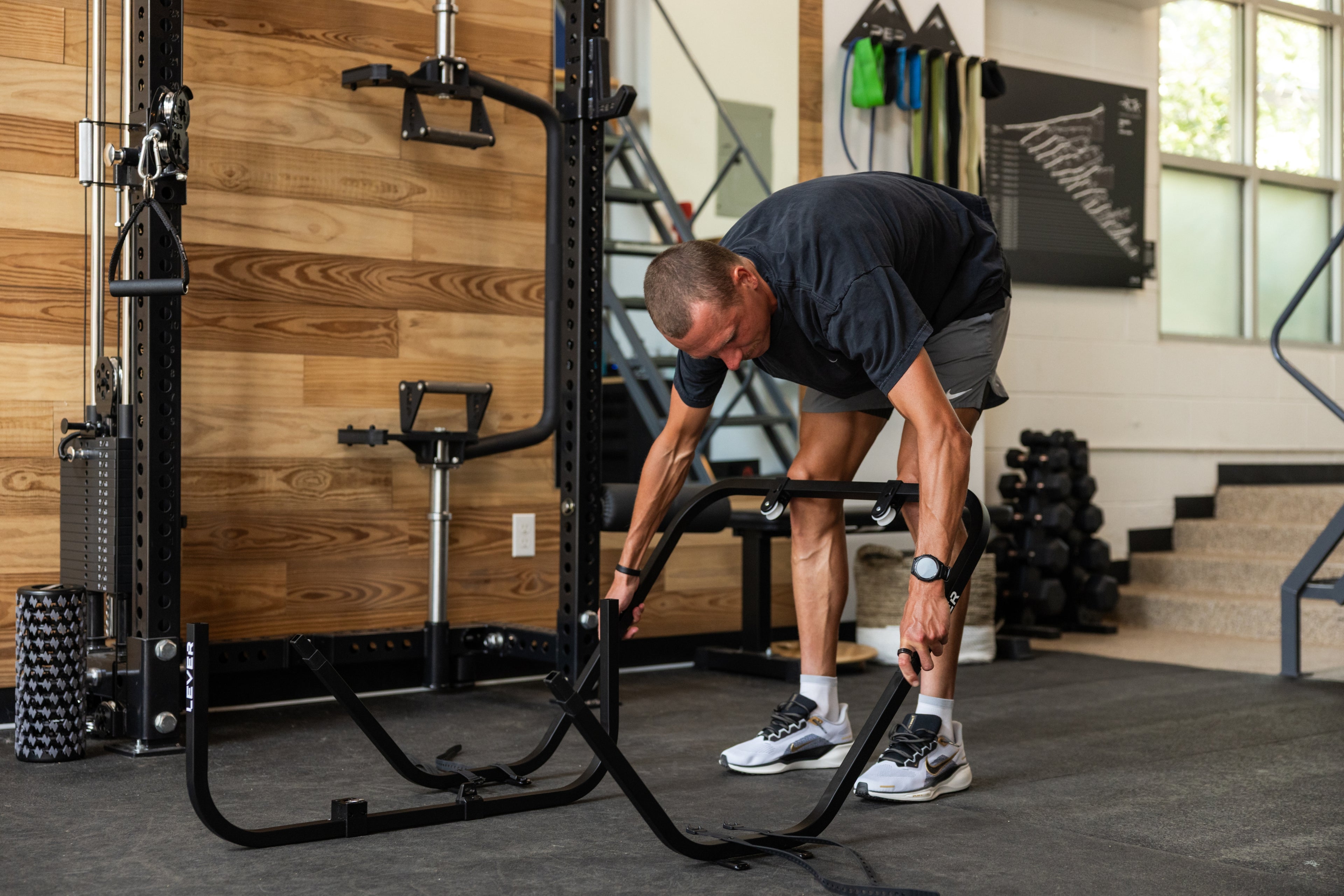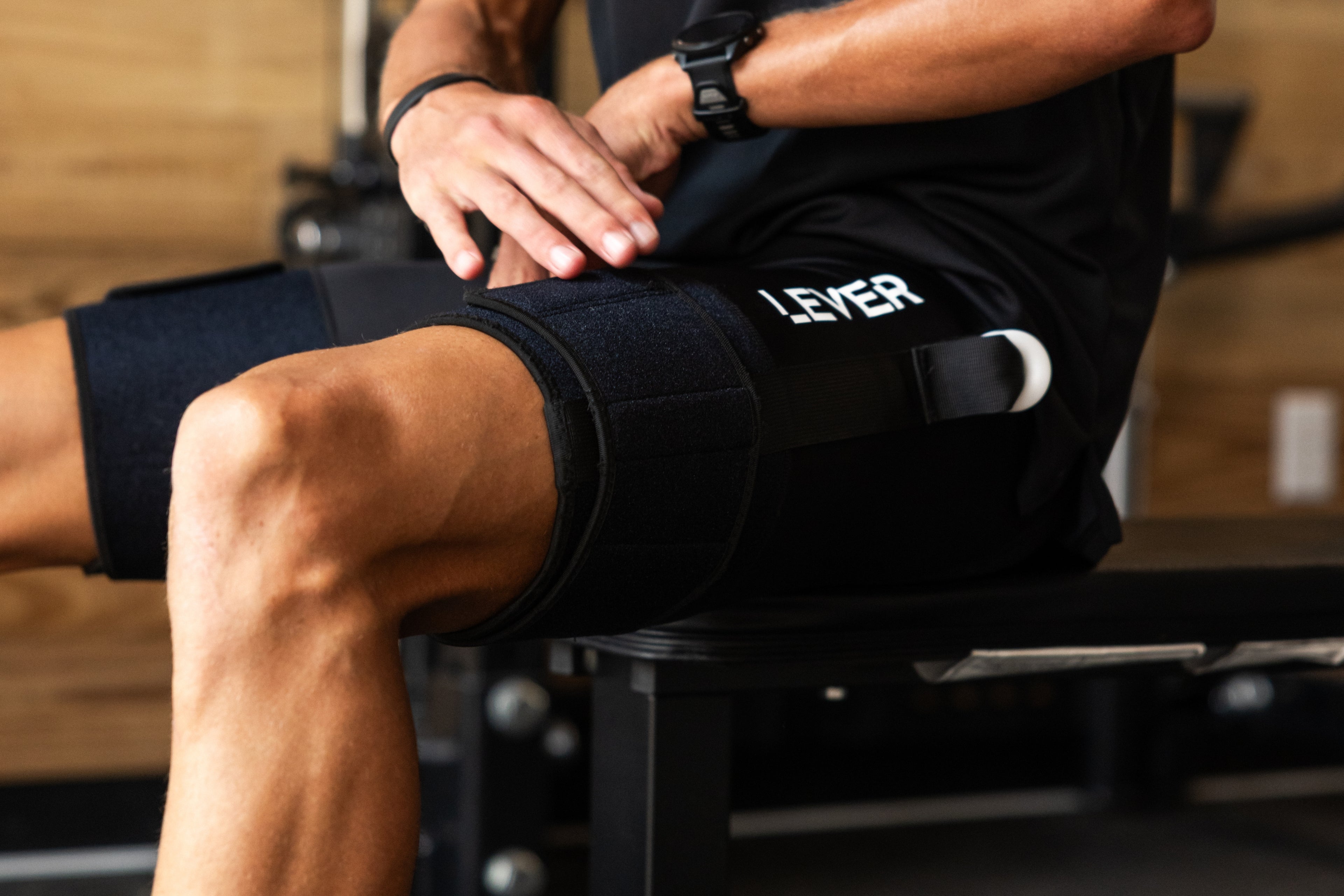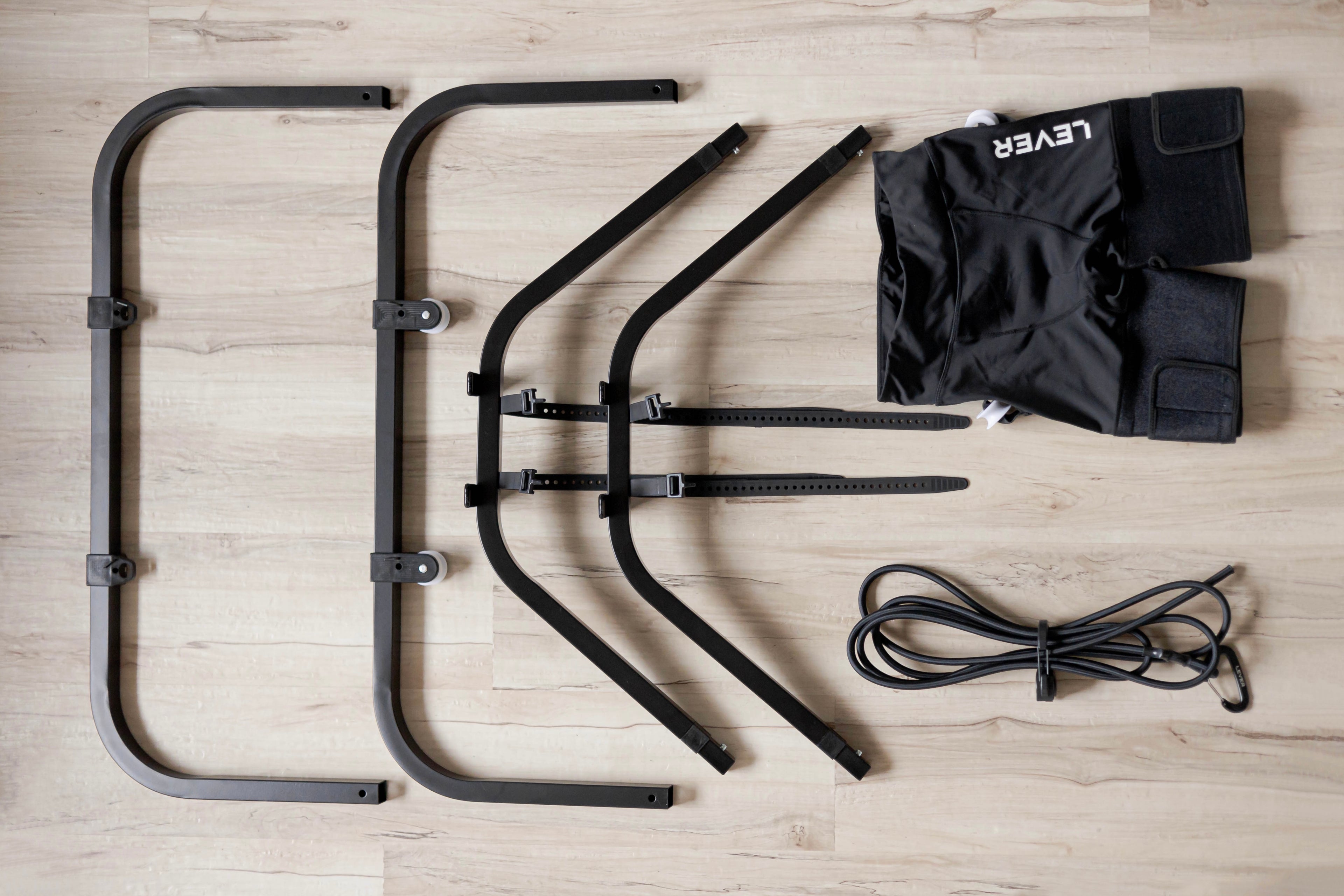The Critical Link Between Sleep and Injury Risk in Endurance Athletes
Endurance athletes, known for their exceptional commitment to training for long-distance events such as marathons, triathlons, and cycling races, often focus on nutrition, training programs, and recovery techniques as pillars of their success. However, one fundamental aspect of recovery and performance that can be overlooked is sleep. Emerging research and expert opinions have increasingly highlighted the intrinsic link between sleep quality and duration and the risk of injury in endurance athletes. This connection underscores the importance of incorporating sleep strategies into an athlete's overall training regimen.
The Science of Sleep and Recovery
Sleep serves as a critical period for physical recovery, psychological well-being, and cognitive function. During sleep, the body undergoes various anabolic processes that repair muscle tissue, consolidate memory, and regulate hormones critical to recovery and performance, such as growth hormone and cortisol. A deficiency in sleep not only hampers these processes but also can lead to increased levels of stress hormones, which may exacerbate the risk of injury.
The Risk of Overlooking Sleep
For endurance athletes, the relentless pursuit of higher mileage and more intense training sessions can inadvertently lead to compromised sleep quality and quantity. This reduction in sleep can be a significant risk factor for injuries. A study published in the Journal of Pediatric Orthopaedics found that adolescent athletes who slept fewer than 8 hours per night were 1.7 times more likely to be injured than those who slept 8 hours or more.
The Impact on Injury Risk
The mechanisms through which sleep affects injury risk are multifaceted. Firstly, sleep deprivation can impair cognitive function, leading to decreased reaction times, impaired judgment, and a reduction in psychomotor performance. These factors can increase the likelihood of accidents and injuries during training and competition.
Secondly, inadequate sleep affects the body's inflammatory responses and can weaken the immune system, making the body more susceptible to infections and less capable of recovering from the microtraumas that occur in muscles and tissues during exhaustive exercise.
Lastly, poor sleep can lead to imbalances in hormone levels, particularly those related to stress and appetite, which can further complicate an athlete's ability to maintain optimal health and body composition for performance and recovery.

Implementing Effective Sleep Strategies
Recognizing the importance of sleep, endurance athletes and their coaches should prioritize sleep as much as any other aspect of training. Here are some strategies to enhance sleep quality and duration:
- Establish a Consistent Sleep Schedule: Going to bed and waking up at the same time every day helps regulate the body's internal clock, improving sleep quality.
- Create a Pre-Sleep Routine: Engaging in relaxing activities before bed, such as reading or meditating, can signal to your body that it's time to wind down.
- Optimize the Sleep Environment: Ensure the bedroom is dark, quiet, and cool. Investing in a comfortable mattress and pillows can also make a significant difference.
- Limit Exposure to Screens Before Bed: The blue light emitted by phones, tablets, and computers can interfere with the production of melatonin, the hormone that regulates sleep.
- Mind Your Intake: Avoid caffeine and heavy meals close to bedtime, as they can disrupt sleep.
In conclusion, while training and nutrition are often at the forefront of an endurance athlete's mind, sleep should never be underestimated. It is a powerful tool for injury prevention, recovery, and performance enhancement. By recognizing the link between sleep and injury risk, athletes can take proactive steps to improve their sleep habits, ensuring they remain healthy, resilient, and ready to tackle the demands of their sport.





















